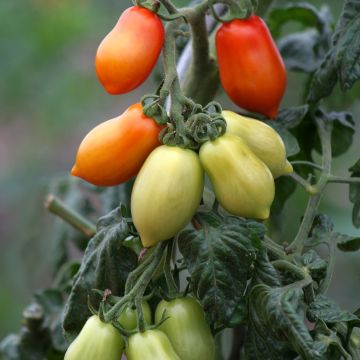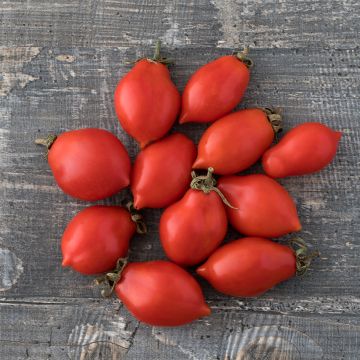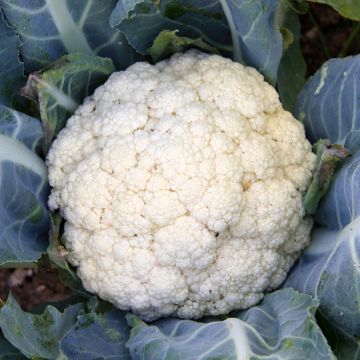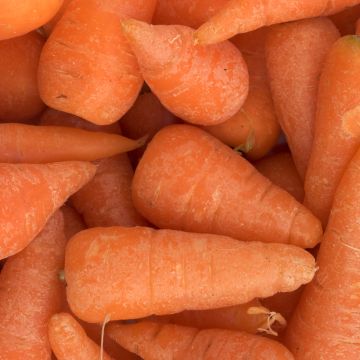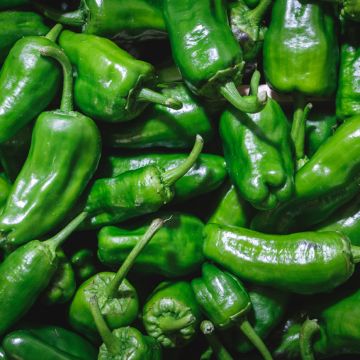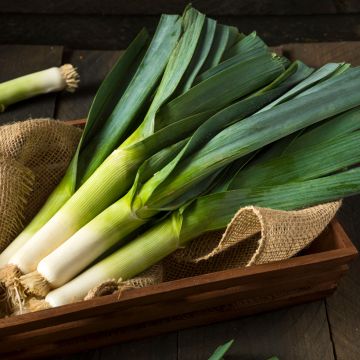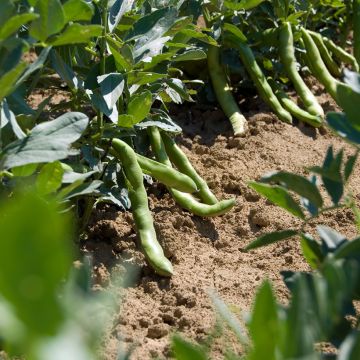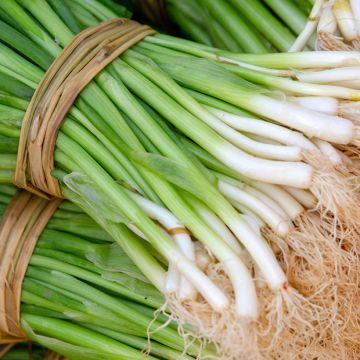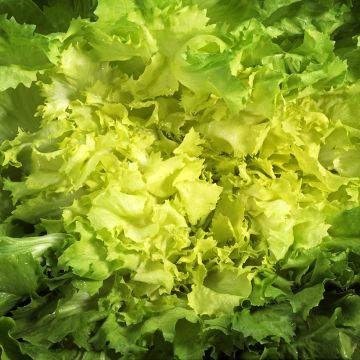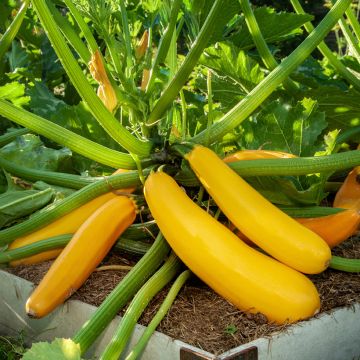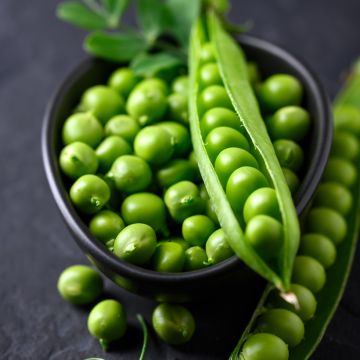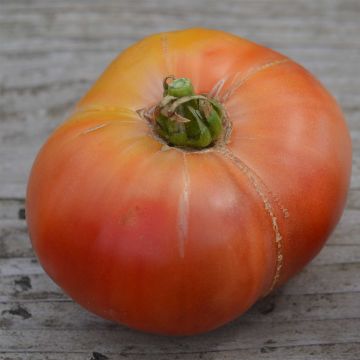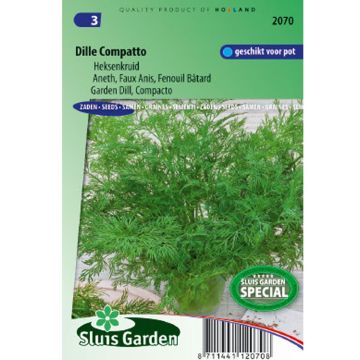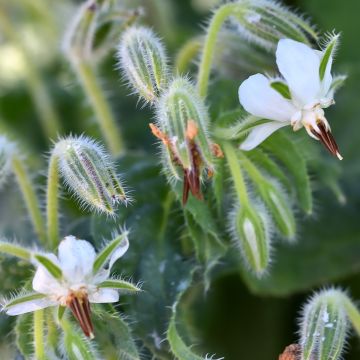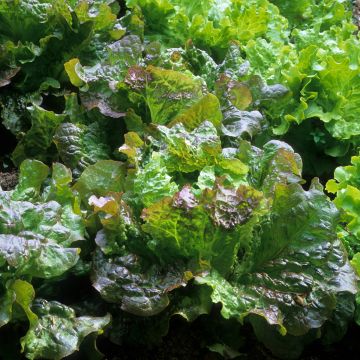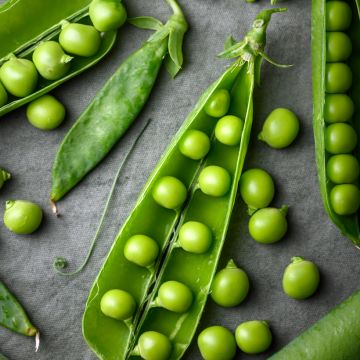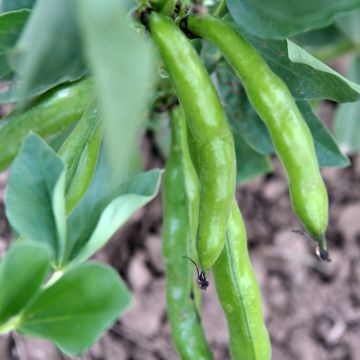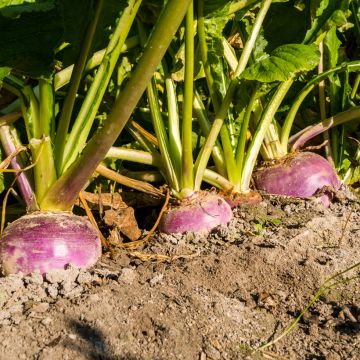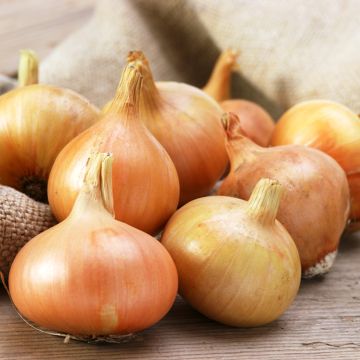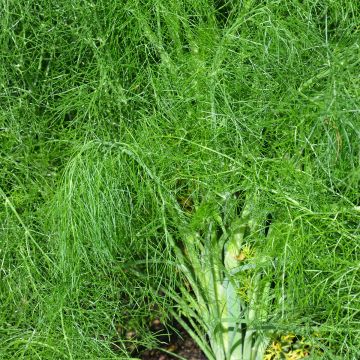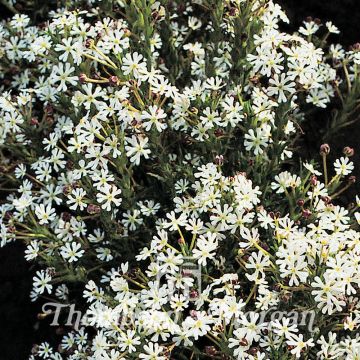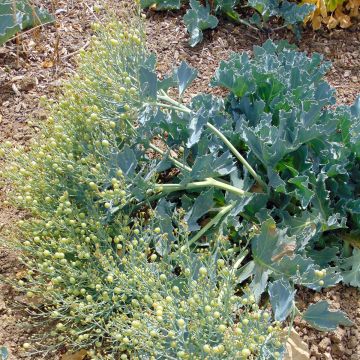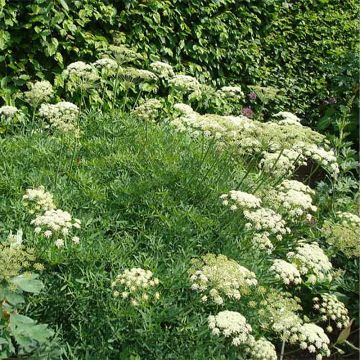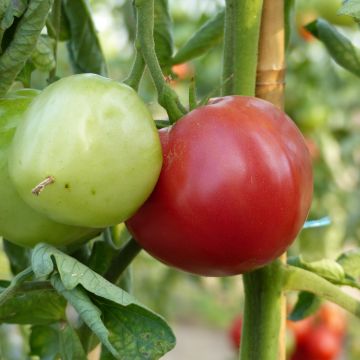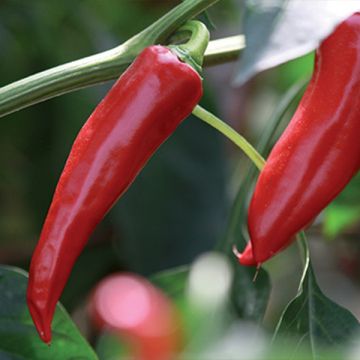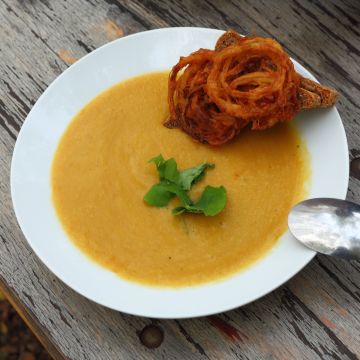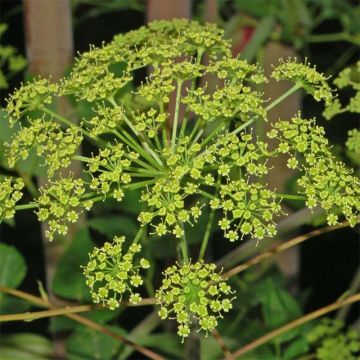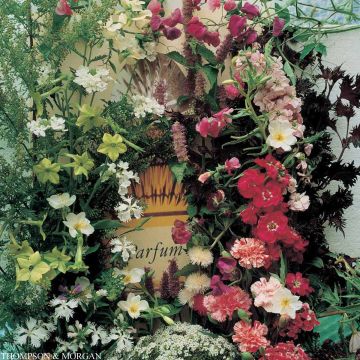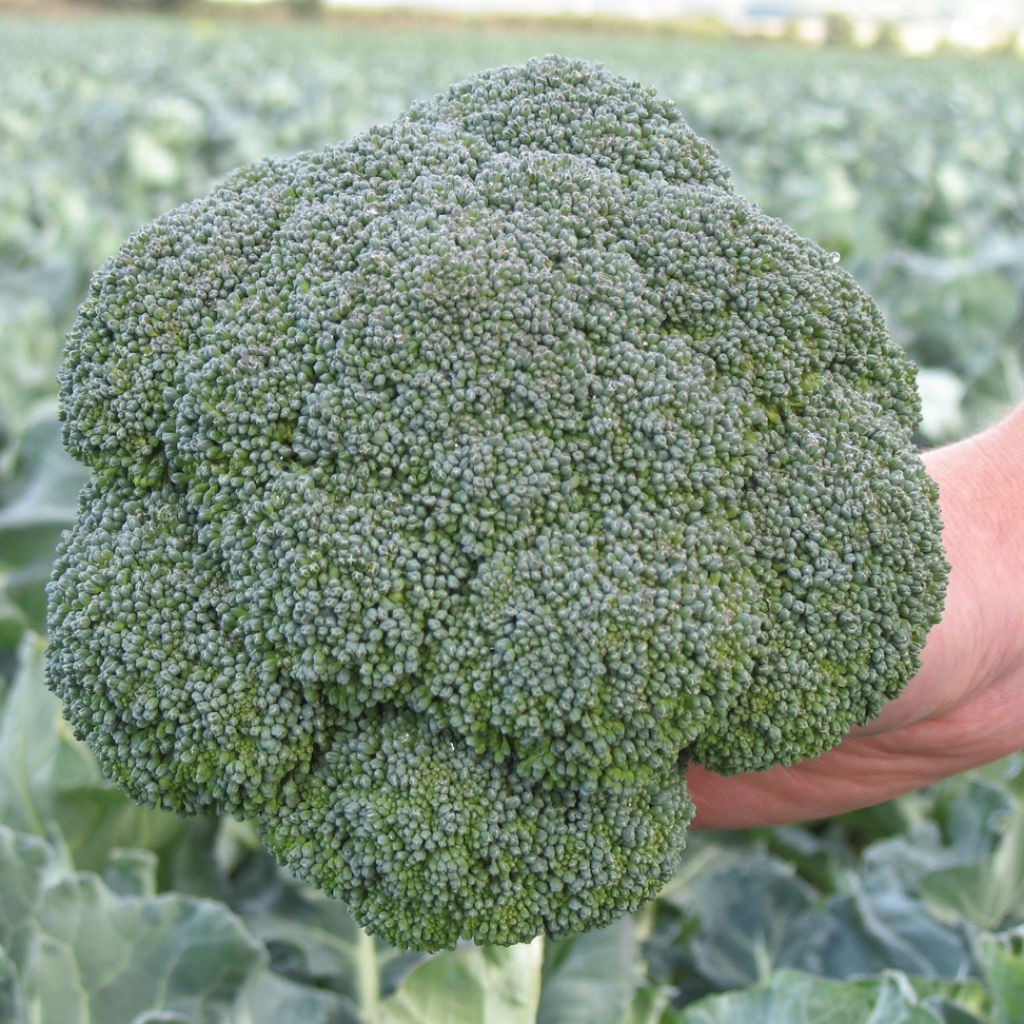

Broccoli Marcus F1 (untreated) - Brassica oleracea italica
Broccoli Marcus F1 (untreated) - Brassica oleracea italica
Brassica oleracea italica Marcus F1
Broccoli
Special offer!
Receive a €20 voucher for any order over €90 (excluding delivery costs, credit notes, and plastic-free options)!
1- Add your favorite plants to your cart.
2- Once you have reached €90, confirm your order (you can even choose the delivery date!).
3- As soon as your order is shipped, you will receive an email containing your voucher code, valid for 3 months (90 days).
Your voucher is unique and can only be used once, for any order with a minimum value of €20, excluding delivery costs.
Can be combined with other current offers, non-divisible and non-refundable.
Why not try an alternative variety in stock?
View all →This plant carries a 6 months recovery warranty
More information
We guarantee the quality of our plants for a full growing cycle, and will replace at our expense any plant that fails to recover under normal climatic and planting conditions.
Description
The Broccoli 'Marcus F1' is a vigorous variety that produces large, fine-grained heads that are easy to harvest. This Broccoli is known for its reliability and disease resistance. It can be sown from March to late July for a harvest from August to late November.
Offering firm and compact florets, usually green but sometimes purple or white, the Broccoli, commonly known as Broccoli, is a vegetable whose flowers are consumed just before they bloom. It belongs to the large family of Brassicaceae (formerly Cruciferae) and has the Latin name Brassica oleracea italica.
Although introduced to France by Catherine de Medici under the name Italian Asparagus, Broccoli has only been cultivated on a large scale since the 1980s.
Originally from southern Italy, this mild-flavoured cabbage is now highly appreciated as it lends itself to many preparations. It is commonly consumed steamed and then prepared in various ways: quickly sautéed, gratin, quiche, puree, soup, etc. It is a low-calorie vegetable and rich in vitamin C.
Like almost all cabbages (Brussels sprouts being the exception), Broccoli is a demanding vegetable, requiring excellent base fertilisation and regular moisture.
Note: This variety is labelled F1 for "F1 hybrid" because it is derived from the cross-breeding of carefully selected parents to combine their qualities. This results in a variety that can be exceptionally flavourful and early-maturing while also being resistant to certain diseases. Sometimes criticised or wrongly associated with GMOs, F1 hybrid seeds are attractive for their uniformity and resistance. Still, unfortunately, their qualities do not pass on to subsequent generations: it will, therefore, not be possible to save the seeds for future sowing.
Harvest: Broccoli is harvested by cutting with a knife in two stages: first, the central head is harvested, then the lateral heads.
Storage: Broccoli does not keep very well. It is best to consume it quickly after harvesting. It can be refrigerated for a few days. It can also be frozen after blanching for 3 minutes in salted boiling water.
Handy gardening tip: In recent years, the Cabbage Midge (Contarinia nasturtii), a small winged fly that stings and sucks, has been causing havoc on Broccoli in certain regions. We recommend preventive measures by installing insect-proof nets on market garden hoops during the entire flight period from mid-May to mid-July. These nets are easy to set up and reusable to protect, for example, your carrot and leek crops.
Report an error about the product description
Harvest
Plant habit
Foliage
Botanical data
Brassica
oleracea
italica Marcus F1
Brassicaceae
Broccoli
Cultivar or hybrid
Annual
Other Vegetable seeds from A to Z
View all →Planting and care
Sowing :
The germination temperature of the Broccoli 'Marcus F1' is around 15° and takes about 14 days.
It is sown from March to late July for a harvest from August to late November.
You can either sow directly in place or prepare young plants to be planted in the garden in their final position.
Preparing young plants: at home or in a heated shelter from late autumn to late spring or in a cold greenhouse for the rest of the year, sow the Neck Cabbage seeds to a depth of 1 cm (0in) in good sowing compost. Lightly cover with compost or vermiculite. Don't forget to keep the substrate moist but not waterlogged!
When the young plants appear strong enough to handle, transplant them into pots and, for sowing in heated shelters, gradually acclimatise them to cooler temperatures before transplanting them to the garden when there is no longer any risk of frost.
Direct sowing: In suitably amended and finely worked soil, make furrows about one centimetre deep, spaced 50 to 60 cm (20 to 24in) apart. Sow the seeds and cover them with a thin layer of fine soil. When the seedlings are well developed, thin them out, keeping only one plant every 60 cm (24in).
Cultivation :
Broccoli is a demanding vegetable that requires well-rotted, nitrogen-rich and potassium-rich soil. It is advisable to make a generous compost addition (about 3/4 kg per m2) by scratching the soil to a depth of 5 cm (2in), preferably in autumn, after loosening the soil as you would for any vegetable crop. It is not very tolerant of soil pH, which should be between 5.6 and 6.5. In acidic soil, it will be necessary to gradually raise the pH by adding calcium in the form of Dolomite or Lime.
Neck Cabbage, like all cabbages, is quite susceptible to diseases such as Clubroot and pests (Cabbage White Butterfly, Cabbage Fly, Flea Beetle, Leaf Miner...), so this crop needs to pay attention to crop rotations.
It is beneficial to associate it with many vegetables, such as tomatoes and lettuce. But avoid planting it next to other Brassicas, zucchini, fennel, lamb's lettuce, leeks and strawberries.
Seedlings
Care
Intended location
This item has not been reviewed yet - be the first to leave a review about it.
Similar products
Haven't found what you were looking for?
Hardiness is the lowest winter temperature a plant can endure without suffering serious damage or even dying. However, hardiness is affected by location (a sheltered area, such as a patio), protection (winter cover) and soil type (hardiness is improved by well-drained soil).

Photo Sharing Terms & Conditions
In order to encourage gardeners to interact and share their experiences, Promesse de fleurs offers various media enabling content to be uploaded onto its Site - in particular via the ‘Photo sharing’ module.
The User agrees to refrain from:
- Posting any content that is illegal, prejudicial, insulting, racist, inciteful to hatred, revisionist, contrary to public decency, that infringes on privacy or on the privacy rights of third parties, in particular the publicity rights of persons and goods, intellectual property rights, or the right to privacy.
- Submitting content on behalf of a third party;
- Impersonate the identity of a third party and/or publish any personal information about a third party;
In general, the User undertakes to refrain from any unethical behaviour.
All Content (in particular text, comments, files, images, photos, videos, creative works, etc.), which may be subject to property or intellectual property rights, image or other private rights, shall remain the property of the User, subject to the limited rights granted by the terms of the licence granted by Promesse de fleurs as stated below. Users are at liberty to publish or not to publish such Content on the Site, notably via the ‘Photo Sharing’ facility, and accept that this Content shall be made public and freely accessible, notably on the Internet.
Users further acknowledge, undertake to have ,and guarantee that they hold all necessary rights and permissions to publish such material on the Site, in particular with regard to the legislation in force pertaining to any privacy, property, intellectual property, image, or contractual rights, or rights of any other nature. By publishing such Content on the Site, Users acknowledge accepting full liability as publishers of the Content within the meaning of the law, and grant Promesse de fleurs, free of charge, an inclusive, worldwide licence for the said Content for the entire duration of its publication, including all reproduction, representation, up/downloading, displaying, performing, transmission, and storage rights.
Users also grant permission for their name to be linked to the Content and accept that this link may not always be made available.
By engaging in posting material, Users consent to their Content becoming automatically accessible on the Internet, in particular on other sites and/or blogs and/or web pages of the Promesse de fleurs site, including in particular social pages and the Promesse de fleurs catalogue.
Users may secure the removal of entrusted content free of charge by issuing a simple request via our contact form.
The flowering period indicated on our website applies to countries and regions located in USDA zone 8 (France, the United Kingdom, Ireland, the Netherlands, etc.)
It will vary according to where you live:
- In zones 9 to 10 (Italy, Spain, Greece, etc.), flowering will occur about 2 to 4 weeks earlier.
- In zones 6 to 7 (Germany, Poland, Slovenia, and lower mountainous regions), flowering will be delayed by 2 to 3 weeks.
- In zone 5 (Central Europe, Scandinavia), blooming will be delayed by 3 to 5 weeks.
In temperate climates, pruning of spring-flowering shrubs (forsythia, spireas, etc.) should be done just after flowering.
Pruning of summer-flowering shrubs (Indian Lilac, Perovskia, etc.) can be done in winter or spring.
In cold regions as well as with frost-sensitive plants, avoid pruning too early when severe frosts may still occur.
The planting period indicated on our website applies to countries and regions located in USDA zone 8 (France, United Kingdom, Ireland, Netherlands).
It will vary according to where you live:
- In Mediterranean zones (Marseille, Madrid, Milan, etc.), autumn and winter are the best planting periods.
- In continental zones (Strasbourg, Munich, Vienna, etc.), delay planting by 2 to 3 weeks in spring and bring it forward by 2 to 4 weeks in autumn.
- In mountainous regions (the Alps, Pyrenees, Carpathians, etc.), it is best to plant in late spring (May-June) or late summer (August-September).
The harvesting period indicated on our website applies to countries and regions in USDA zone 8 (France, England, Ireland, the Netherlands).
In colder areas (Scandinavia, Poland, Austria...) fruit and vegetable harvests are likely to be delayed by 3-4 weeks.
In warmer areas (Italy, Spain, Greece, etc.), harvesting will probably take place earlier, depending on weather conditions.
The sowing periods indicated on our website apply to countries and regions within USDA Zone 8 (France, UK, Ireland, Netherlands).
In colder areas (Scandinavia, Poland, Austria...), delay any outdoor sowing by 3-4 weeks, or sow under glass.
In warmer climes (Italy, Spain, Greece, etc.), bring outdoor sowing forward by a few weeks.






























